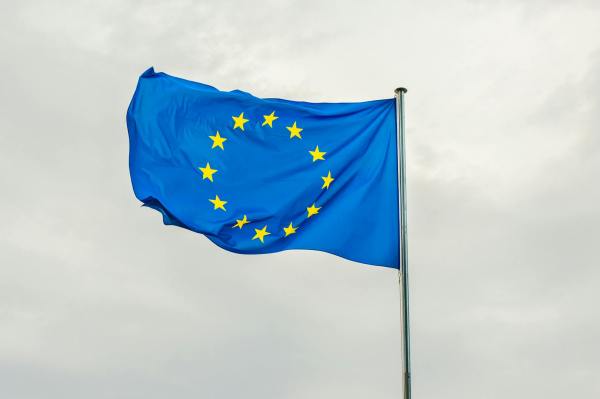 Chema Alonso
Chema Alonso
Chief Data Officer, Telefonica.
 Rome to me is a place where past and future intertwines. The discussion about what we want and expect from an ongoing design of the Internet is probably one of the most exciting debates nowadays. Why do I say that? I’m completely convinced that the current global human geography shaped by the Internet and communication technologies is designing new ways of international decision making processes. Also in other domains!
Rome to me is a place where past and future intertwines. The discussion about what we want and expect from an ongoing design of the Internet is probably one of the most exciting debates nowadays. Why do I say that? I’m completely convinced that the current global human geography shaped by the Internet and communication technologies is designing new ways of international decision making processes. Also in other domains!
Netmundial in this respect is an excellent example of this. First of all, it has arrived at the right moment helping to the urgent confidence recovery for the benefit of a well-functioning Internet after both the failure of last WCIT in Dubai (where we have seen a confrontation of views on how to govern the Internet) and the mass surveillance scandal which was revealed last year.
Secondly, it was a sound success. Let me explain why. The meeting attracted a wide attendance, with a very balanced representation of all relevant stakeholders: governments, business associations, institutions, civil society, academia and the technical sector. This variety of participation was due to an open spirit guarantying de facto the active participation of all parties: the final document was based on the 188 contributions and the 1370 comments that generated its draft. In addition to this, some concrete results were achieved: a list of principles, a roadmap for future actions and a list of subjects that must be discussed beyond NETmundial.
Regarding the agreed principles for the Internet, I would like to highlight some of them: the need of an open and not fragmented Internet – something that Telefónica considers essential and the explicit recognition of the fundamental role of private investments in networks- and the need of an Internet model which is economically sustainable and guarantees innovation and development. Netmundial, in short, will serve as a reference for future events as it has served to consolidate the multistakeholder model of Internet.
Now, in this ongoing process my vision is clear. It is a fact that 2/3 of the worldwide population still has no access to the Internet. Then, we have to work very hard and engage in a favoring mission: connect the unconnected!
It is obvious that the Internet has transformed our lives and economies, and the Digital Economy is the driver of competitiveness of economies. For this to happen in a global scale, we should increase the accessibility to the Internet through affordable terminals and digital services while encouraging the private investments in broadband with the right policies. The concept of Openness is and will be more relevant in this context because competition must be promoted and improve the user’s experience. And of course in an “age of sharing” confidence and trust is the blood in a circulatory system. Thereby a renew Deal with the citizenry is vital: Transparency, privacy, cybersecurity are indispensable to increase the confidence of consumers.
Istanbul will be a new milestone in this shared path. What we need is a truly multistakeholder participation, assuring inclusivity. In this manner we will be more representative and more global. But, either way, I believe assigning clear responsibilities to each type of stakeholder is a priority. Together we can shape policies!
Telefónica has for many years participated in the Internet Governance Forum and we don’t want to miss the next appointment in Istanbul. We will be very frank in the discussion in order to enrich it and contribute to a common view on the future of an open Internet.
Click here to follow the sessions live!










